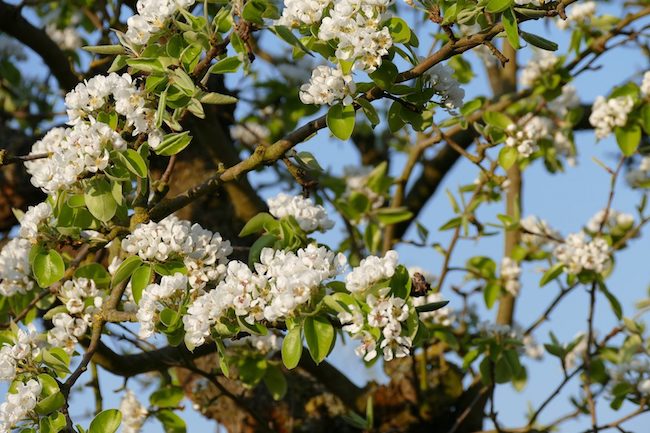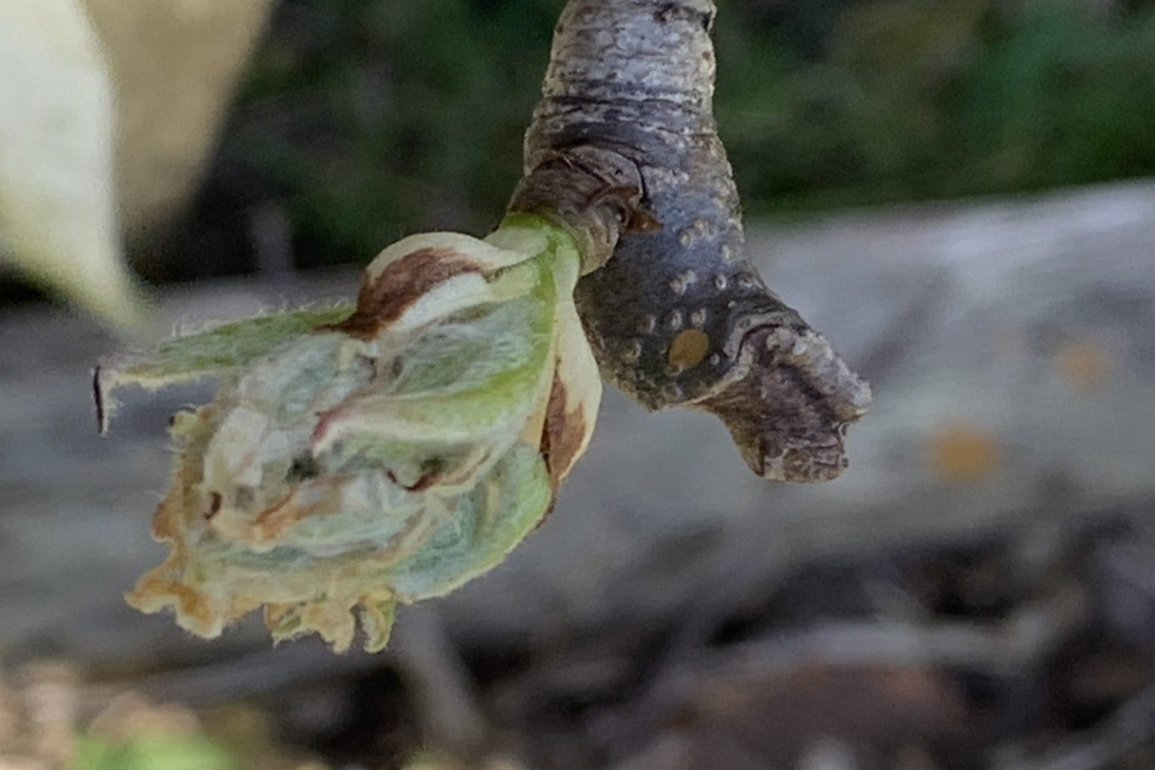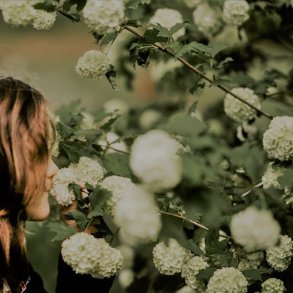By George Pór and originally published by campus-coevolve.org
Featured Image: The first wood bud of the Spring on the pear tree in our garden, in Brighton.
The “wood bud moment” of human organizing is when the meme of a generative & transformative initiative jumps from one mind to another, where it is absorbed by a fertile terrain.
I think of an initiative as generative when it generates more collective energy than it consumes. The initiative is transformative when the information in its DNA instructs all of its off-springs, over the subsequent generations, to guide the evolution of their consciousness to the next plateau.
In biomimicry-inspired* organizing, the “wood bud moment” starts with a hardly perceptible, tiny extrusion on a branch of activity or concept. It is a moment that gives rise to the propagation of a stream of possibilities, most of which becomes visible only from hindsight.
* (For reference on “biomimicry-inspired organizing” see my note related to “biomimicry-inspired knowledge, social and technical ecosystems to augment collective intelligence in human communities at increasing scale,” here.)
A couple of days ago, we, at Campus Co-Evolve, launched the Protopia Learning Expedition. One of its pathfinders (in the old language of higher education also known as “students”) suggested that we create a central place for the repository of hyperlinks relevant to our learning journey.
That was a small meme that jumped over to my mind. There, it started generating off-spings that revealed themselves gradually, in a stream of possibilities. I didn’t see and didn’t want to see where they all lead to. Watching the innate energy of that stream to carry itself forward is more fascinating than trying to figure out where it is flowing. But I do want to share what I’m noticing because your comments and questions about the stream could further enrich it.
The “central repository for hyperlinks” meme activated a neural path to one of my long-standing, cherished dreams, a well-tended and biomimicry-inspired Community Knowledge Garden. Of course, a knowledge garden needs a knowledge gardener. It seems that in our learning community, there’s at least one pathfinder with a knack for energizing such a role. Let’s take a look at the twig emerging from that idea bud.
I’m keenly aware that a working prototype of this knowledge garden, as a transformative initiative, capable to serve the complex and evolving needs and aspirations of a growing learning community, can be created only in a team effort, by a Transformative Community of Practice (TCoP). I wrote about that new development in theory and practice of communities of practice, here.
This twig will probably grow more slowly into a mature, fruit-bearing branch than the ones that appeared before it. That’s because growing cognitive products based on idea emergence happens faster than meeting some of the other requirements for actually growing a knowledge garden, e.g. attracting talents with specialized knowledge, competences, and a deliberately developmental personal identity, securing funds, and cultivating the human bonds in developmental friendships that can turn the team into a TCoP.
The development of the prototype would be particularly slow if we wanted to secure the specialized knowledge required for the project from purely volunteer effort. The knowledge garden will belong to the commons but those who choose to dedicate their creative time to feed the commons, need to feed themselves, too. Contemplating long enough the creative tension dwelling in that bud made its leaves unfold and open a new layer of possibilities.
If the prototype is proven to be successful, in terms of its contribution to the collective intelligence and impact its users, then its framework, tools, and method will be replicated in the commons.
To add velocity to that replication, Campus Co-Evolve, our Community Interest Company, could create design advisory and educational services that would let organizations get greater benefits from the open-source knowledge garden, and get them faster.
From the revenues generated by those services, we could feed those who fed the open-source products that our services will further power up.
Campus Co-Evolve and its Protopia Learning Expedition want to contribute
to discovering and walking on the pathways to humanity’s Phase Shift,
by increasing the collective consciousness and impact
of the ecosystems of transformative initiatives.
May the juicy, delicious fruits
of the trees in our Community Knowledge Garden
nourish the people and their collective intelligence
for generations to come!
You can join our international cohort for any or all of the remaining segments of the Expedition
May — INTERPESONAL Shift
June — ORGANIZATIONAL Shift
Sept.— SOCIETAL Shift
Oct. — PLANETARY Shift
If you want to get involved, please contact Anna Betz at [email protected].






It turns out (my jaw dropped when I heard Elder Albert Marshall use this phrase) that “knowledge garden” is a traditional concept and term used by the Mi’kmaq indigenous people of Northeast America, and Nova Scotia in particular. Knowledge is a living, knowing, attended-to process.
Thank you, Mark, for calling my attention to it. The Mi’kmaq “knowledge garden” search statement turns ou 531 pages referencing it. I will dive into them because there might be some natural affinity between that my and my biomimicry- and “systems biology”-inspired knowledge gardening approach.